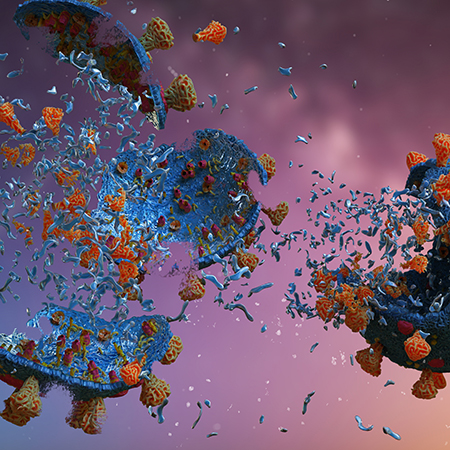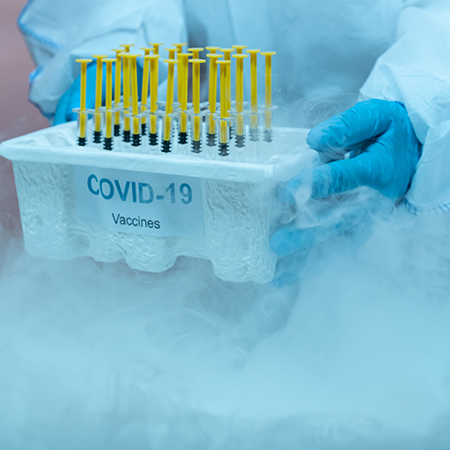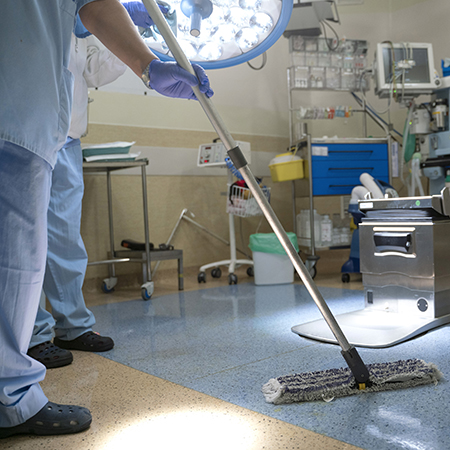Scientists at the University of the Free State (UFS) in South Africa have warned of grave danger that disinfectant use against COVID-19 could be helping bacteria to become resistant to disinfectants and antibiotics.
SARS-CoV-2 and COVID-19 are susceptible to most disinfectants including those containing 70% ethanol and should be able to kill the virus fairly quickly. These scientists, who are at the cutting edge of research into the current pandemic, have found that some bacteria are highly resistant to several commercially available disinfectants. These bacteria are currently still quite rare, and the work of the Veterinary Biotechnology group at UFS aims to prevent the development of more highly resistant bacteria.
Antibiotic resistance is becoming one of the biggest life-threatening challenges of our time - even overshadowing the current COVID-19 pandemic - as multidrug-resistant infections are increasingly difficult to treat. Bacterial infections that are present in hospitals and agriculture are becoming unresponsive to many of the antibiotics currently in use, marking the start of a post-antibiotic era, say the South African scientists.
It is predicted that by 2050, antimicrobial resistance could lead to as many deaths as cancer causes today and could account for between 10 million and 50 million deaths per year.
The scientists say one of the reasons why the resistance to antibiotics is spreading so rapidly is lack of proper biosecurity measures in the food and agricultural industry as well as in hospitals. The pandemic has increased awareness among hospital staff of the importance of good biosecurity, which relies on the use of disinfectants to control bacteria growth. It is therefore even more concerning that disinfectant resistance is emerging at what the scientists describe as “an alarming rate.”
The research group is currently monitoring disinfectant resistance, looking at which microorganisms are resistant to which disinfectants. They are taking environmental samples and testing the levels of disinfectant resistance to observe the development and spread thereof.
Once they have an understanding of the development of disinfectant resistance, the Veterinary Biotechnology group will be able to make recommendations to hospitals and the agricultural industry on how to prevent the development of these resistant microorganisms.











